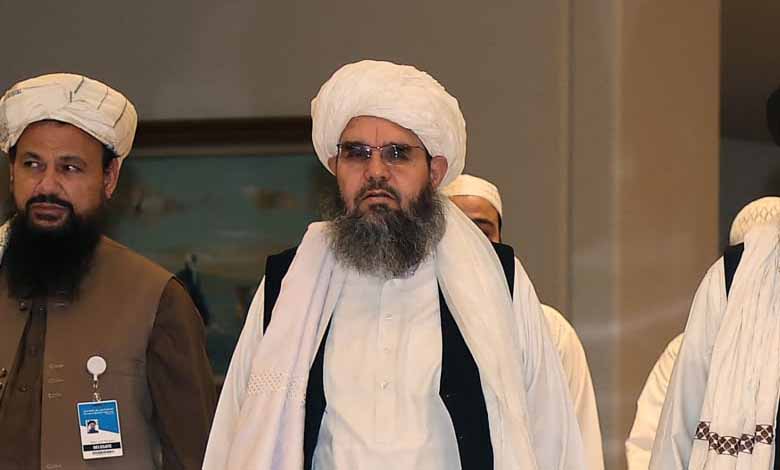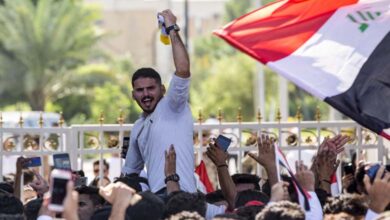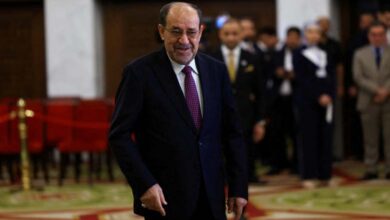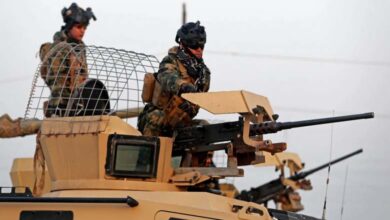How Qatar attracted armed movement ”Taliban” to aggravate the situation in Afghanistan

After the hard-line Taliban took over most of Afghanistan, especially the capital Kabul, the Qatari capital Doha was turned into a public relations and coordination office on behalf of the armed movement.
In light of this situation, the American base of Al-Udeid on Qatari territory has turned into a gathering place for Afghan citizens fleeing the violence of the Taliban to be resettled in Western countries and the United States.
Since the apparent separation of the Taliban movement from its former sponsors following the attacks of 11 September 2001 and the refusal of the movement at that time to hand over the leadership of Al-Qaida, Qatar has begun to bet on the polarization of the movement to its advantage.
Qatari sponsorship of these violent and extremist groups is part of Qatar’s polarization of similar groups, which it began with Al-Qaida in 1996. The small emirate displayed skill in acquiring the remains of the ruins of movements that are usually defeated, pressured, and pursued with the aim of reframing them and turning them into an arm of their arms in order to influence their rivals, or to find a foothold in regional and international events.
In the second half of the 1990s, after 2001, Doha maintained a covert relationship with al-Qaida, at a time when it began to forge extensive ties with the Taliban. The majority of the terrorist, violent, and militant groups that emerged in the Middle East during the past quarter-century were linked to Doha in one way or another.
Meanwhile, Qatar has had ties to a number of Baathist violence and terrorism groups in Iraq, and then moved on to forging other groups in Syria, particularly Jabhat al-Nosra, while the debate remains over whether Doha has ties to ISIS.
The idea of producing the Taliban came after the separation between al-Qaeda and the US security establishment, when the latter informed Oussama Ben Laden that the game was over.
In the context of the doubts raised about the reality of the Doha Round of dialog between the Taliban and a number of Afghan political leaders, under American auspices, President Joe Biden and his aides were not convincing to world public opinion, explaining the rapid fall of the Afghan state and the Taliban’s takeover of the capital Kabul. This comes at a time when the active role of Qatar in marketing the Taliban movement and promoting its authority, in the media, politically, and diplomatically, especially regarding what has been going on over the Doha Table and under it, during more than a year.
What is clear, so far, is that Qatar has become an influential player in the new game in Afghanistan, in the context of a role that will not be reassuring to a number of Afghan neighbors, as well as to the countries of the world, if not an early provocation to them, and will incite those competing countries to look for a role in the possible conflict ahead.
In the coming days and weeks, questions will arise about Qatar’s role: What is its objective? Will it lead to regional polarization and division over who is against Taliban authority or with it? Who benefits? Who are the damaged parts? Who is targeted in the next phase?












